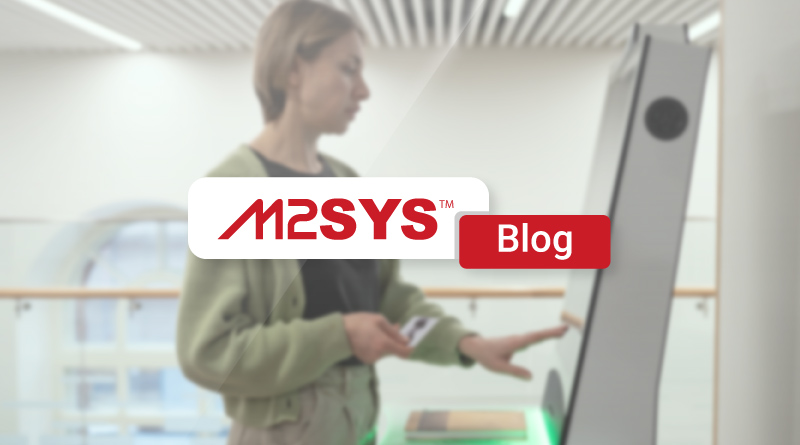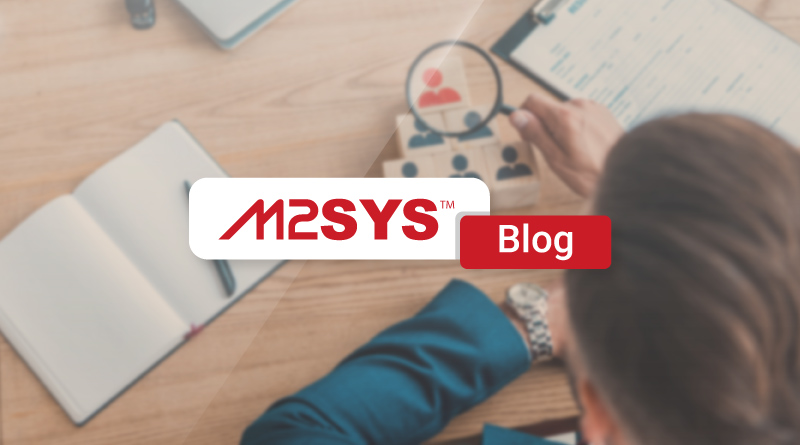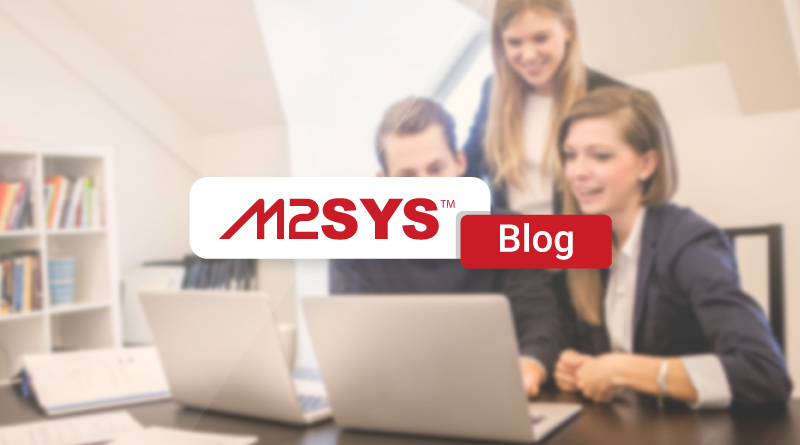Enhancing Inter-Agency Collaboration Through Secure Criminal Records in Law Enforcement
In law enforcement, secure criminal records are crucial for seamless inter-agency collaboration. By breaking down data silos and using encrypted databases, agencies can share information safely, improving efficiency and compliance. Modern systems enable real-time data exchange, reducing redundant work and speeding up case resolutions.
TL;DR
- Fragmented data systems in law enforcement hinder effective collaboration and slow down justice.
- Secure criminal records systems break down data silos, allowing for safe and controlled data sharing.
- Interoperable platforms enable real-time data exchange, improving case resolution speed by 25%.
- Examples from Utah and U.S. correctional facilities show improved data consistency and security.
- Advanced solutions protect against cyber threats with encryption and real-time monitoring.
- Platforms like M2SYS eLaw Solution offer encrypted databases and seamless data sharing to enhance collaboration.
- Strategic implementation and staff training are crucial for adopting these systems effectively.
Empower your agency to collaborate efficiently and securely. Contact M2SYS eGov to explore modern solutions for law enforcement.
Picture a high-stakes manhunt where local police chase leads across state lines, only to hit dead ends because agencies cannot share criminal records quickly and safely. This real-world scenario plays out too often in law enforcement, where fragmented data systems slow down justice. Secure criminal records law enforcement relies on can change that by fostering seamless collaboration without risking sensitive information.
Secure criminal records law enforcement needs start with breaking down data silos. Agencies often work in isolation, storing records in separate databases that do not communicate. This leads to redundant investigations and wasted resources. For instance, a suspect might slip through cracks because one department lacks access to another’s files. However, modern systems use encrypted databases to protect data while allowing controlled sharing. These platforms ensure that only authorized users access information, maintaining privacy and compliance with laws like HIPAA or CJIS standards.
Transitioning to interoperable platforms makes a big difference. These tools connect different jurisdictions, enabling real-time data exchange. Imagine federal agents coordinating with state police on a cross-border case; with secure criminal records law enforcement can trust, they pull up updated histories instantly. Statistics show the impact: according to a 2023 FBI report, agencies with integrated systems resolve cases 25% faster. This efficiency stems from features like audit trails, which log every access and change, building accountability and trust.
Real-world examples highlight these benefits. In Utah, the Salt Lake County Sheriff’s Office integrated secure systems for inmate management, improving data consistency from booking to release. This setup reduced errors and ensured role-based access, aligning with governance frameworks. Similarly, U.S. correctional facilities have adopted solutions for identity verification, cutting fraud and enhancing security across operations. Such projects demonstrate how secure criminal records law enforcement uses can streamline joint efforts and prevent issues like identity mix-ups.
Addressing cyber threats remains crucial in this landscape. Hackers target law enforcement databases, aiming to steal or alter records. Advanced solutions counter this with robust encryption and real-time monitoring. For example, platforms that integrate with existing tools provide updates without overhauling entire systems, minimizing deployment delays and costs. Agencies save money by avoiding custom builds for legacy setups, focusing instead on scalable options that adapt to growing needs.
Pain points like delayed data sharing and integration challenges often plague public safety teams. Fragmented workflows cause bottlenecks, where officers wait days for information that could arrive in minutes. High costs from maintaining separate systems add up, straining budgets. Moreover, compliance issues arise when data crosses jurisdictions without proper safeguards. Secure criminal records law enforcement addresses these by centralizing management while respecting privacy rules.
This is where platforms like eLaw Solution come into play. With over 20 years of experience working with governments and law enforcement globally, including in the United States, M2SYS eGov builds and delivers eLaw Enforcement solutions that tackle these exact problems. Their Law Enforcement Management Solution offers encrypted databases and interoperable platforms for seamless data sharing. It provides real-time updates and audit trails, integrating smoothly with current tools to enhance collaboration. By solving data silos and jurisdictional barriers, it helps agencies work together more effectively, reducing redundant work and speeding up resolutions.
Implementing such systems requires a strategic approach. Start by assessing current setups for compatibility, then prioritize features like encryption to fend off threats. Training staff on new protocols ensures smooth adoption. Over time, these changes build resilience, aligning with trends toward digital infrastructures in law enforcement.
Ultimately, secure criminal records law enforcement empowers agencies to collaborate without compromise. As crimes grow more complex and span regions, these tools become essential for efficient operations. Exploring options like those from M2SYS eGov can reveal how to modernize your agency’s approach and boost overall effectiveness.
Frequently Asked Questions
- Why is secure data sharing important for law enforcement agencies?
Secure data sharing is crucial for law enforcement agencies as it allows for seamless collaboration between different jurisdictions. This improves efficiency, reduces redundant investigations, and accelerates case resolutions. By using encrypted databases, agencies can share sensitive information while complying with privacy laws. For more insights on enhancing agency operations, check out our article on how to Redefine Law Enforcement Agency. - What benefits do real-time updates provide in the Law Enforcement Management Solution?
Real-time updates ensure that law enforcement agencies have access to the most current information, which is crucial for making informed decisions quickly. This feature enables agencies to respond swiftly to ongoing cases and collaborate effectively across various jurisdictions. Learn more about the benefits of a Configurable System. - How do interoperable platforms help in reducing jurisdictional barriers?
Interoperable platforms facilitate seamless data sharing across jurisdictions, which is essential for tackling crimes that span multiple regions. By using these platforms, agencies can overcome the hurdles of data silos, ensuring a unified approach to law enforcement. For more details, explore our comprehensive eLaw Solution. - What role does encryption play in protecting criminal records?
Encryption plays a vital role in protecting criminal records by securing sensitive information against unauthorized access. It ensures compliance with privacy laws and protects both the agencies and individuals involved. Discover how the system's integration capabilities enhance this security in our article on Law Management.








